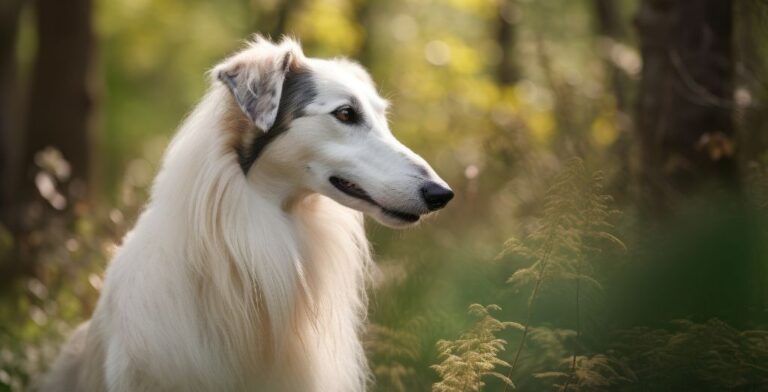Aussiedoodle: The Perfect Blend of Intelligence and Affection
The Aussiedoodle, a cross between an Australian Shepherd and a Poodle, is an intelligent and affectionate designer breed that has gained immense popularity. Known for their playful nature, wavy coats, and high energy levels, They make excellent family pets and companions. In this article, we will explore the characteristics, history, health, and other essential aspects of this breed.
History of the Aussiedoodle
The Aussiedoodle is a relatively new designer breed, emerging in the last two to three decades. It was bred to combine the intelligence and hypoallergenic coat of the Poodle with the herding instincts and agility of the Australian Shepherd. The result is an energetic, trainable, and loving dog that excels in various activities, from obedience to agility sports.
Characteristics of the Aussiedoodle
Aussiedoodles inherit qualities from both parent breeds, making them highly intelligent and affectionate. Here are some key characteristics of this breed:
- Size: Depending on whether they are bred from a standard, miniature, or toy Poodle, Aussiedoodles can range from 10 to 70 pounds.
- Coat Type: Their coats are usually wavy or curly, reducing shedding and making them a good choice for allergy sufferers.
- Color Variations: They come in a variety of colors, including merle, black, white, brown, and blue.
- Temperament: They are friendly, social, and love to be around people, making them excellent therapy and companion dogs.
- Energy Levels: They are high-energy dogs that require regular exercise and mental stimulation to stay happy and healthy.
Health and Lifespan
They are generally healthy dogs, but they can inherit health issues from their parent breeds. Common health concerns include:
- Hip Dysplasia: A condition where the hip joint doesn’t fit properly, leading to arthritis.
- Progressive Retinal Atrophy (PRA): An eye disorder that can cause blindness.
- Epilepsy: Some may suffer from seizures.
- Allergies: They can be prone to skin and food allergies.
- Lifespan: The average lifespan of an Aussiedoodle is 10 to 15 years, depending on their size and overall health.
Training and Exercise Needs
Aussiedoodles are intelligent and willing to please which makes them highly trainable. Nonetheless, they need constant training and socialization at a young age. This breed responds well to positive reinforcement.
Since they have high energy levels, daily exercise is essential. Activities such as long walks, fetch, agility training, and puzzle toys will keep them physically and mentally stimulated.
Grooming Requirements
Due to their wavy or curly coats, They require regular grooming. Brushing at least three to four times a week helps prevent matting and tangles. Regular baths, ear cleaning, and nail trimming are also necessary to maintain their hygiene.
Are Aussiedoodles Good Family Pets?
They make wonderful family pets due to their affectionate nature and playful disposition. They get along well with children and other pets when properly socialized. However, their herding instincts may lead them to nip at small children, so supervision and training are essential.
Choosing an Aussiedoodle Puppy
When selecting an Aussiedoodle puppy, it’s important to find a reputable breeder who prioritizes health and temperament. Ask about genetic testing, vaccination records, and the puppy’s parents to ensure a healthy and well-adjusted pet.
Conclusion
Hence they are loving, intelligent, and energetic breed that makes an excellent companion for active individuals and families. With proper training, exercise, and care, they can bring joy and companionship for many years. If you’re considering adding an Aussiedoodle to your family, be prepared for an active and affectionate furry friend!
FAQs
1. What should I feed my Aussiedoodle?
A high-quality diet tailored to their size, age, and activity level is essential for their health and well-being.
2. Can Aussiedoodles be left alone for long periods?
No, they thrive on companionship and may develop separation anxiety if left alone for extended periods.
3. Are Aussiedoodles easy to train?
Yes! Their intelligence and eagerness to please make them highly trainable with positive reinforcement methods.










